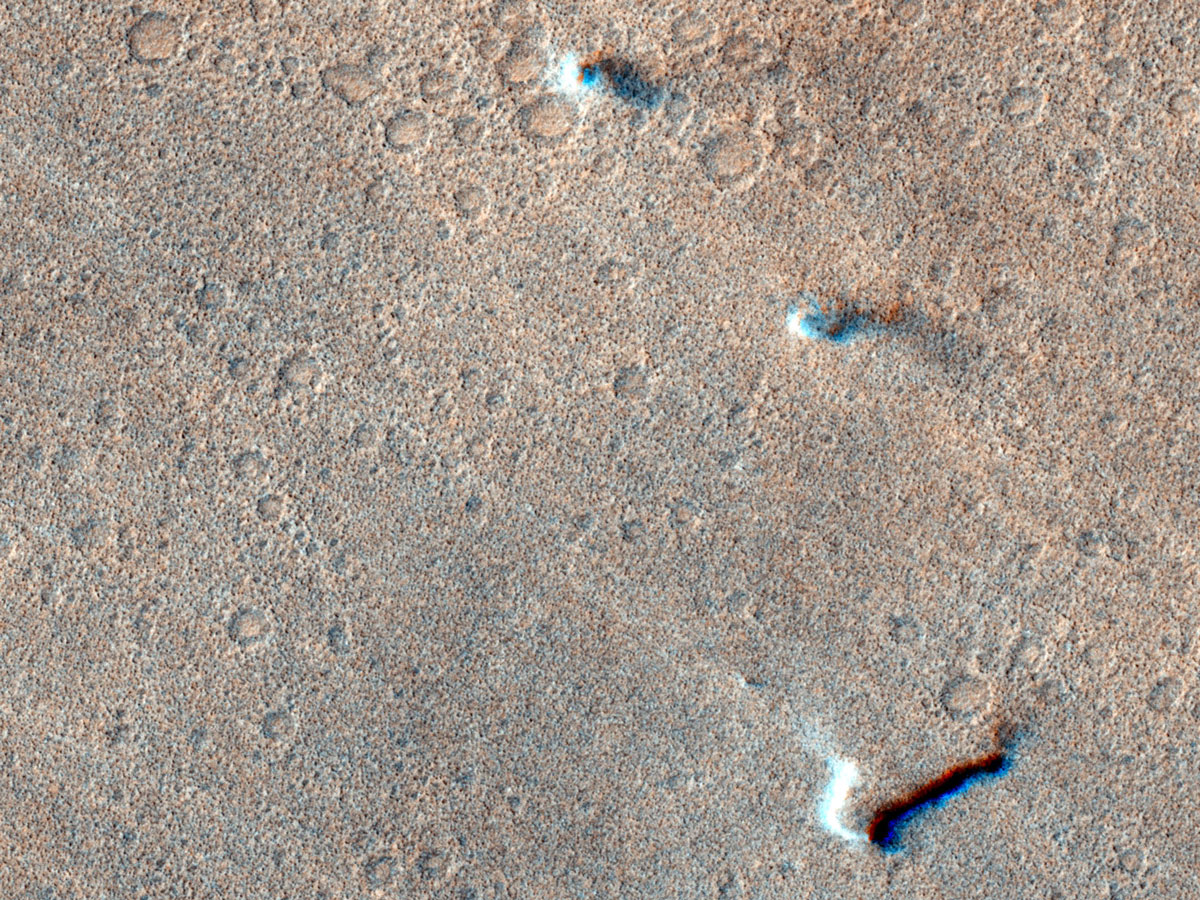In 2020, the scientists and engineers behind NASA’s InSight lander were optimistic. The mission was performing spectacularly, and it had no end in sight. Then, its power began to fade. Fine Martian dust was relentlessly piling on top of…

In 2020, the scientists and engineers behind NASA’s InSight lander were optimistic. The mission was performing spectacularly, and it had no end in sight. Then, its power began to fade. Fine Martian dust was relentlessly piling on top of…